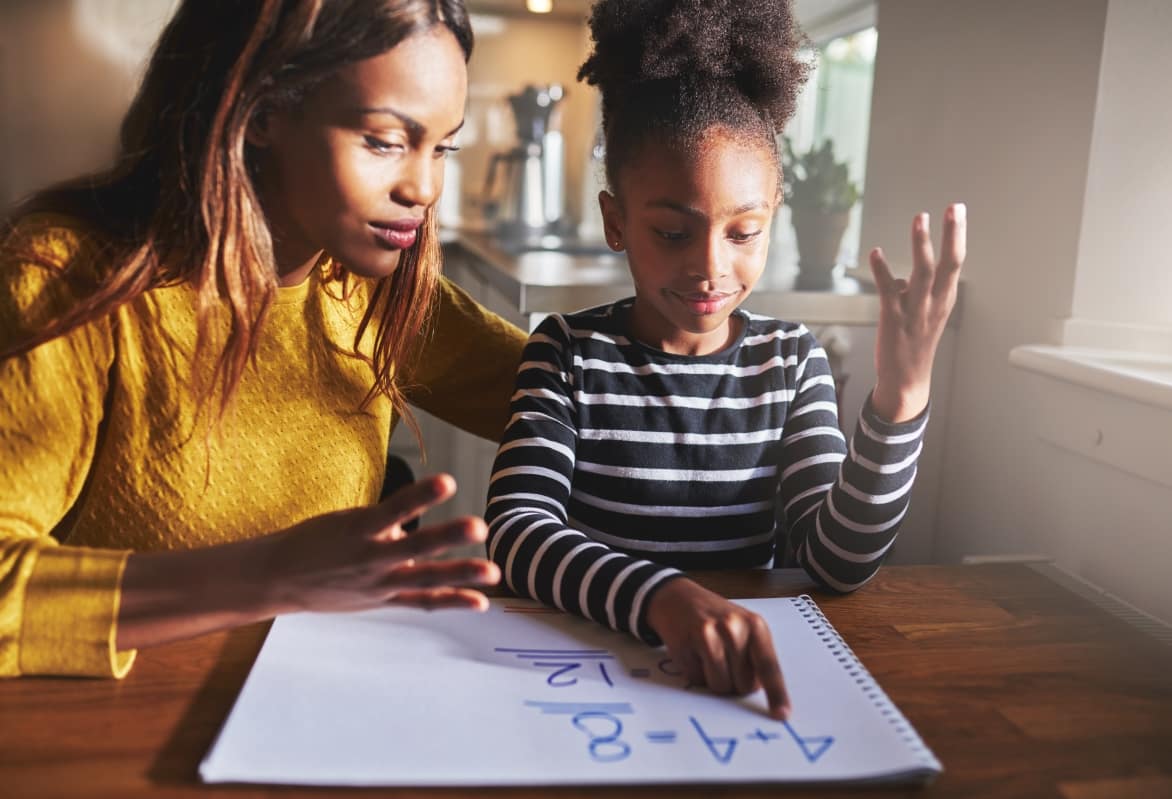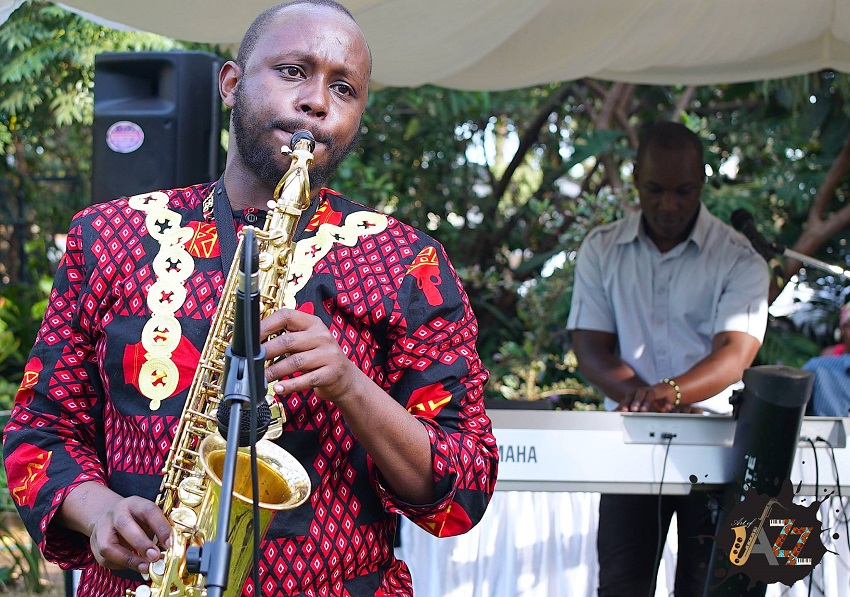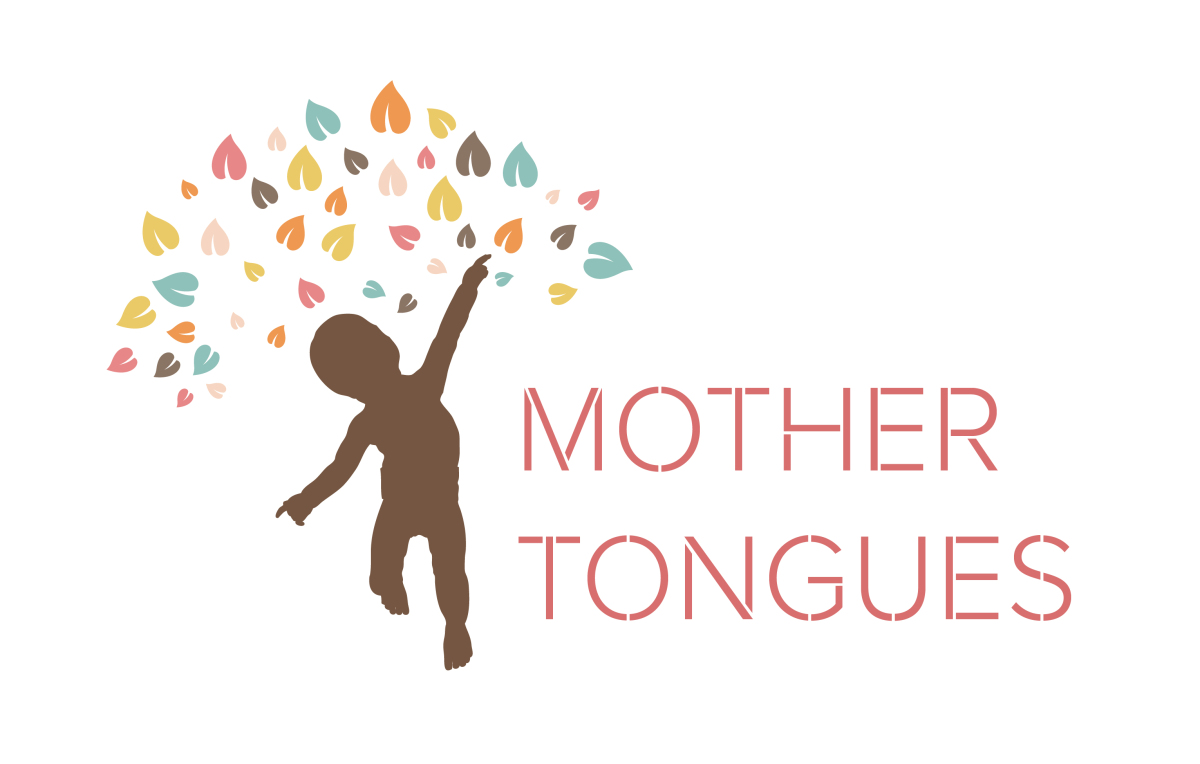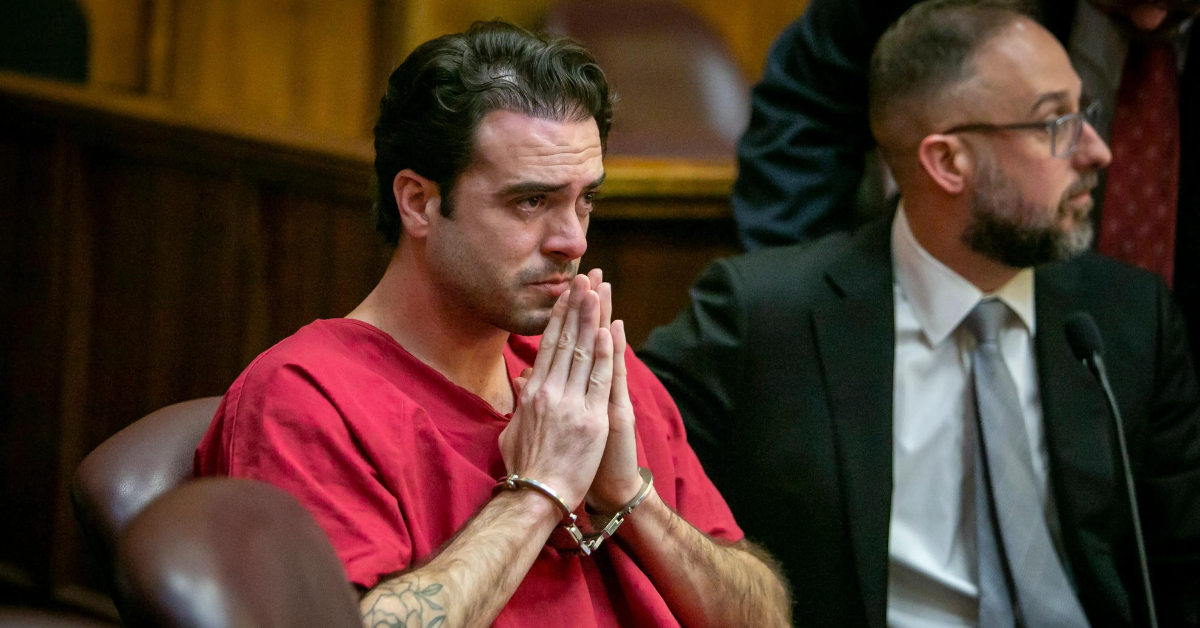Natural hair is in no way a new concept in Africa. A combination of cultural reawakening and mainstream acceptance sees this age-old hairstyle making a strong comeback as more African women choose to transition back from straightened hair.
African American women were first to experiment with hair relaxing products back in the 19
th century. Madam CJ Walker who was the first self-made African American millionaire, made her fortune by developing and marketing these products for black women. The business proved to be a boon and grew quickly.

In the years since, hair straightening has gone from an individual cosmetic choice to a political and cultural struggle for identity. Natural hair was soon relegated to the fringes of the hippie counterculture, outside of corporate America where it was viewed as unprofessional, and away from the fashion runways and magazines where it was considered not beautiful.
In Kenya, the pride of independence came with a short-lived Afro wave between the 60's and 70's. But just like most other African countries, that changed as a result of mass marketing of hair relaxing products and borrowed beauty standards from foreign popular culture. Both civil service and corporate jobs encouraged weaves and wigs. The superiority of straightened hair over natural hair entered our public conscience. Even as recently as last July, BuzzFeed reported that a young political aspirant, Samanthah Maina, was facing outright suggestions from the electorate that maybe her natural hair was too "unprofessional" to have her elected.
Now, a growing natural movement is setting its sights on changing these perceptions and biases. We're now in the throes of an identity revival with the threshold of natural hair acceptance having been met in the early 2010's, thanks to successful and mainstream-friendly naturalistas like Lupita Nyong'o and First Lady Margaret Kenyatta. More Kenyan women are getting
the big chop and starting afresh by chopping off their relaxed hair.
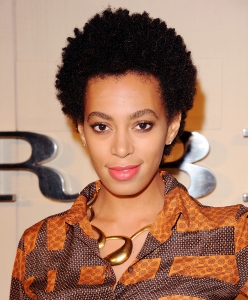
Black hair has been a hot topic because not many understand it - it's texture, colour and curl patterns. But access to information - along with acceptance into pop culture - is helping demystify it. Stylists are coming up with creative ways to wear African hair. Braiding, which came from the Nilotic community in Africa, built an entire industry behind it. In a rare gender intersection when it comes to African hair, dreadlocks, which started from the
Rastafari movement in early 20
th century Ethiopia and got popularised by Bob Marley and Jamaican Reggae music, have slowly become an acceptable way of wearing hair for both men and women.
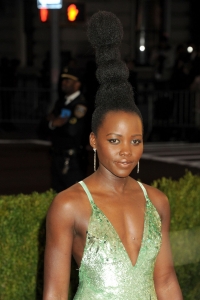
Emerging naturalists are taking advantage of this trend. Kenyan-made natural products aimed at black women are now readily available in the Kenyan market, including: Marini naturals, Buke products, Mikalla hair, Laura's organic and Mosara. Natural hair bloggers like Kurly Kichana, Tricia's Naturals and My Kenyan Puff are gaining droves of online readers eager to learn. And social events created for the natural crowd like The Nairobi Afro Hair Festival and My Natural Hair Kenya Festival are gaining in popularity too.
We have come a long way but still have room for improvement for natural hair to be fully embraced. There are still instances where employers are discriminating against naturalists even though Nairobi is ranked in the top five global cities with the highest population of naturalists. One thing's for sure, natural hair is not only a trend or fad - this time it's here to stay.
 In the years since, hair straightening has gone from an individual cosmetic choice to a political and cultural struggle for identity. Natural hair was soon relegated to the fringes of the hippie counterculture, outside of corporate America where it was viewed as unprofessional, and away from the fashion runways and magazines where it was considered not beautiful.In Kenya, the pride of independence came with a short-lived Afro wave between the 60's and 70's. But just like most other African countries, that changed as a result of mass marketing of hair relaxing products and borrowed beauty standards from foreign popular culture. Both civil service and corporate jobs encouraged weaves and wigs. The superiority of straightened hair over natural hair entered our public conscience. Even as recently as last July, BuzzFeed reported that a young political aspirant, Samanthah Maina, was facing outright suggestions from the electorate that maybe her natural hair was too "unprofessional" to have her elected.Now, a growing natural movement is setting its sights on changing these perceptions and biases. We're now in the throes of an identity revival with the threshold of natural hair acceptance having been met in the early 2010's, thanks to successful and mainstream-friendly naturalistas like Lupita Nyong'o and First Lady Margaret Kenyatta. More Kenyan women are getting the big chop and starting afresh by chopping off their relaxed hair.
In the years since, hair straightening has gone from an individual cosmetic choice to a political and cultural struggle for identity. Natural hair was soon relegated to the fringes of the hippie counterculture, outside of corporate America where it was viewed as unprofessional, and away from the fashion runways and magazines where it was considered not beautiful.In Kenya, the pride of independence came with a short-lived Afro wave between the 60's and 70's. But just like most other African countries, that changed as a result of mass marketing of hair relaxing products and borrowed beauty standards from foreign popular culture. Both civil service and corporate jobs encouraged weaves and wigs. The superiority of straightened hair over natural hair entered our public conscience. Even as recently as last July, BuzzFeed reported that a young political aspirant, Samanthah Maina, was facing outright suggestions from the electorate that maybe her natural hair was too "unprofessional" to have her elected.Now, a growing natural movement is setting its sights on changing these perceptions and biases. We're now in the throes of an identity revival with the threshold of natural hair acceptance having been met in the early 2010's, thanks to successful and mainstream-friendly naturalistas like Lupita Nyong'o and First Lady Margaret Kenyatta. More Kenyan women are getting the big chop and starting afresh by chopping off their relaxed hair. Black hair has been a hot topic because not many understand it - it's texture, colour and curl patterns. But access to information - along with acceptance into pop culture - is helping demystify it. Stylists are coming up with creative ways to wear African hair. Braiding, which came from the Nilotic community in Africa, built an entire industry behind it. In a rare gender intersection when it comes to African hair, dreadlocks, which started from the Rastafari movement in early 20th century Ethiopia and got popularised by Bob Marley and Jamaican Reggae music, have slowly become an acceptable way of wearing hair for both men and women.
Black hair has been a hot topic because not many understand it - it's texture, colour and curl patterns. But access to information - along with acceptance into pop culture - is helping demystify it. Stylists are coming up with creative ways to wear African hair. Braiding, which came from the Nilotic community in Africa, built an entire industry behind it. In a rare gender intersection when it comes to African hair, dreadlocks, which started from the Rastafari movement in early 20th century Ethiopia and got popularised by Bob Marley and Jamaican Reggae music, have slowly become an acceptable way of wearing hair for both men and women. Emerging naturalists are taking advantage of this trend. Kenyan-made natural products aimed at black women are now readily available in the Kenyan market, including: Marini naturals, Buke products, Mikalla hair, Laura's organic and Mosara. Natural hair bloggers like Kurly Kichana, Tricia's Naturals and My Kenyan Puff are gaining droves of online readers eager to learn. And social events created for the natural crowd like The Nairobi Afro Hair Festival and My Natural Hair Kenya Festival are gaining in popularity too.We have come a long way but still have room for improvement for natural hair to be fully embraced. There are still instances where employers are discriminating against naturalists even though Nairobi is ranked in the top five global cities with the highest population of naturalists. One thing's for sure, natural hair is not only a trend or fad - this time it's here to stay.
Emerging naturalists are taking advantage of this trend. Kenyan-made natural products aimed at black women are now readily available in the Kenyan market, including: Marini naturals, Buke products, Mikalla hair, Laura's organic and Mosara. Natural hair bloggers like Kurly Kichana, Tricia's Naturals and My Kenyan Puff are gaining droves of online readers eager to learn. And social events created for the natural crowd like The Nairobi Afro Hair Festival and My Natural Hair Kenya Festival are gaining in popularity too.We have come a long way but still have room for improvement for natural hair to be fully embraced. There are still instances where employers are discriminating against naturalists even though Nairobi is ranked in the top five global cities with the highest population of naturalists. One thing's for sure, natural hair is not only a trend or fad - this time it's here to stay.

